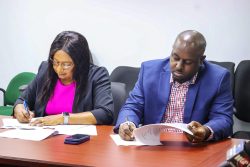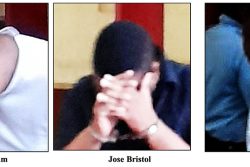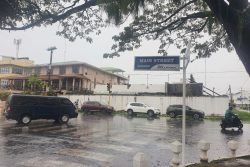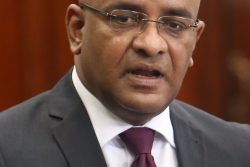Dear Editor,
Next month September will be Amerindian Heritage month in Guyana. A time to celebrate our cultures and traditions and recognize our contributions as Indigenous people in this country. The month’s celebration will be packed with activities showcasing our arts, music, culinary and beauty pageants etc; which are all fantastic things; that represents our unique and valuable contributions to the Guyanese public and the world.
Most in Guyana will look forward to the month of September and the activities to make some money and to rekindle the sentiment of being proud Indigenous Guyanese. The cultural extravaganza will be the highlight of the month’s celebrations throughout the country where the social event will be entertainment and time to have fun as we say in Guyana. However, during the four weeks celebration, schools will be reopened. And as such perhaps it would be good to inculcate the following education to our children since most of us adults don’t know the local laws and rights that are there to protect and help us.
Thus, as part of next month’s heritage celebrations it would be good for children in interior schools to learn of the laws and rights that exist to govern our communities; in regards to lands, mining and logging etc. For example, the local Amerindian Act 2006, and International Declarations sanctioned by the United Nation in regards to Indigenous Peoples culture and languages; and Free Prior and Informed Consent (FPIC) that deals with decision-making processes without pressure and intimidation brought to bear upon communities. The teaching methods of the above topics to students can be executed in the form of quiz, spelling competitions, and even debates among students in secondary schools.
I am sure the Amerindian Act is a good moot to debate on, that can generate intellectual discussions and reflections regarding Indigenous laws and governance in communities. Students’ engagement in such learning activities can inspire to become lawyers and anthropologists and other professionals as Indigenous people. Furthermore, the pedagogical process will require teachers to do the research along with children to find answers which can be a significant learning experience from an academic aspect, to observe heritage celebration in Guyana.
Sincerely,
Medino Abraham





